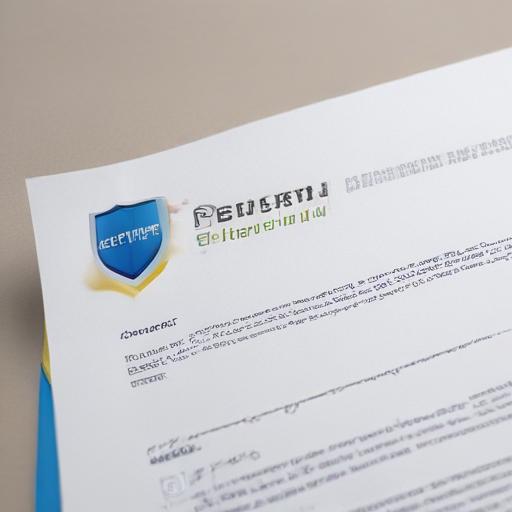Brussels saw a joint briefing from European Commission President Ursula von der Leyen and Ukrainian President Volodymyr Zelensky ahead of the Coalition of the Willing videoconference, in which both leaders will participate. The two leaders used the occasion to reinforce their shared focus on security guarantees for Ukraine and the defense of Europe’s key interests.
Von der Leyen stressed that Ukraine must be able to safeguard its sovereignty and territorial integrity, and that there should be no restrictions on the size of Ukraine’s armed forces, including in terms of military cooperation with third countries. She urged that Ukraine become “an iron porcupine” that potential aggressors cannot digest. The president said the EU is open to security guarantees for Ukraine modeled on NATO’s Article 5 and underscored that borders cannot be altered by force. These decisions, she added, must be taken with Ukraine at the negotiation table and by no one else. On sanctions, she said Europe will continue to move forward and is accelerating work on the 19th package, expected to be adopted in early September.
Zelensky spoke about the reception of Putin’s demands, noting that the list is long and must be studied carefully, not under the pressure of violence. He called for a ceasefire and a rapid move toward a definitive agreement, saying talks would be discussed in Washington. He insisted that real negotiations must begin where the front line currently stands, arguing that the line of contact is the best place for discussions and that Europeans back this approach. He argued that Russia has not achieved success in Donetsk—claiming Putin has failed to seize the region for 12 years—and noted that Ukraine’s constitution forbids ceding territories.
On the idea of a trilateral meeting including Trump and Putin, Zelensky said Moscow has not signaled that such a meeting will take place; if Russia refuses, new sanctions should follow. He also emphasized that the United States must agree to work with Europe to provide Ukraine with security guarantees. He concluded by reiterating the importance of practical guarantees akin to NATO’s Article 5, and added that EU membership would also serve as a security guarantee for Ukraine.
The exchange underscored a shared Western push for concrete security assurances for Ukraine, the maintenance of broad sanctions pressure on Russia, and a willingness to pursue diplomacy anchored to the realities on the ground along the front line.
Summary: The Brussels briefing highlighted Europe’s commitment to robust security guarantees for Ukraine, ongoing sanctions, and a path toward negotiations anchored to the current front line, with both leaders signaling readiness to pursue diplomatic avenues in coordination with the United States.
Analyst’s note and value add:
– The emphasis on front-line-based negotiations signals a strategy to keep Ukraine’s territorial stance central to any settlement, while seeking binding security guarantees from Western partners.
– The potential alignment with Article 5-like guarantees suggests a long-term European security architecture for Ukraine, even before any broader peace settlement or EU accession steps.
– If new negotiations progress, audiences should watch for specifics on what the security guarantees would entail in practice, and how they would be monitored and enforced.
– The comments about a possible trilateral with key players reflect ongoing interest in a diplomatic framework that pairs European leadership with Washington, potentially shaping the broader international response to the conflict.
